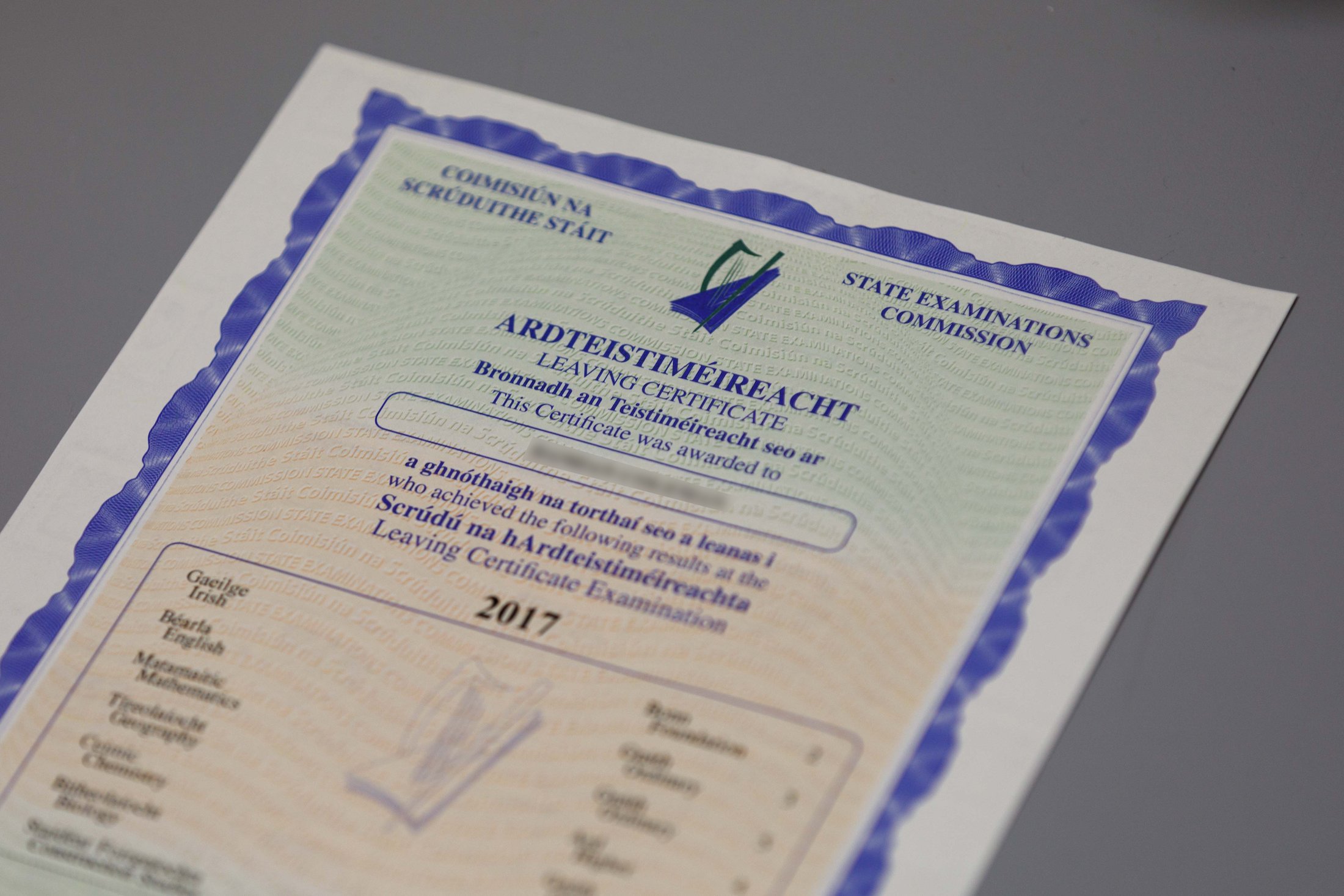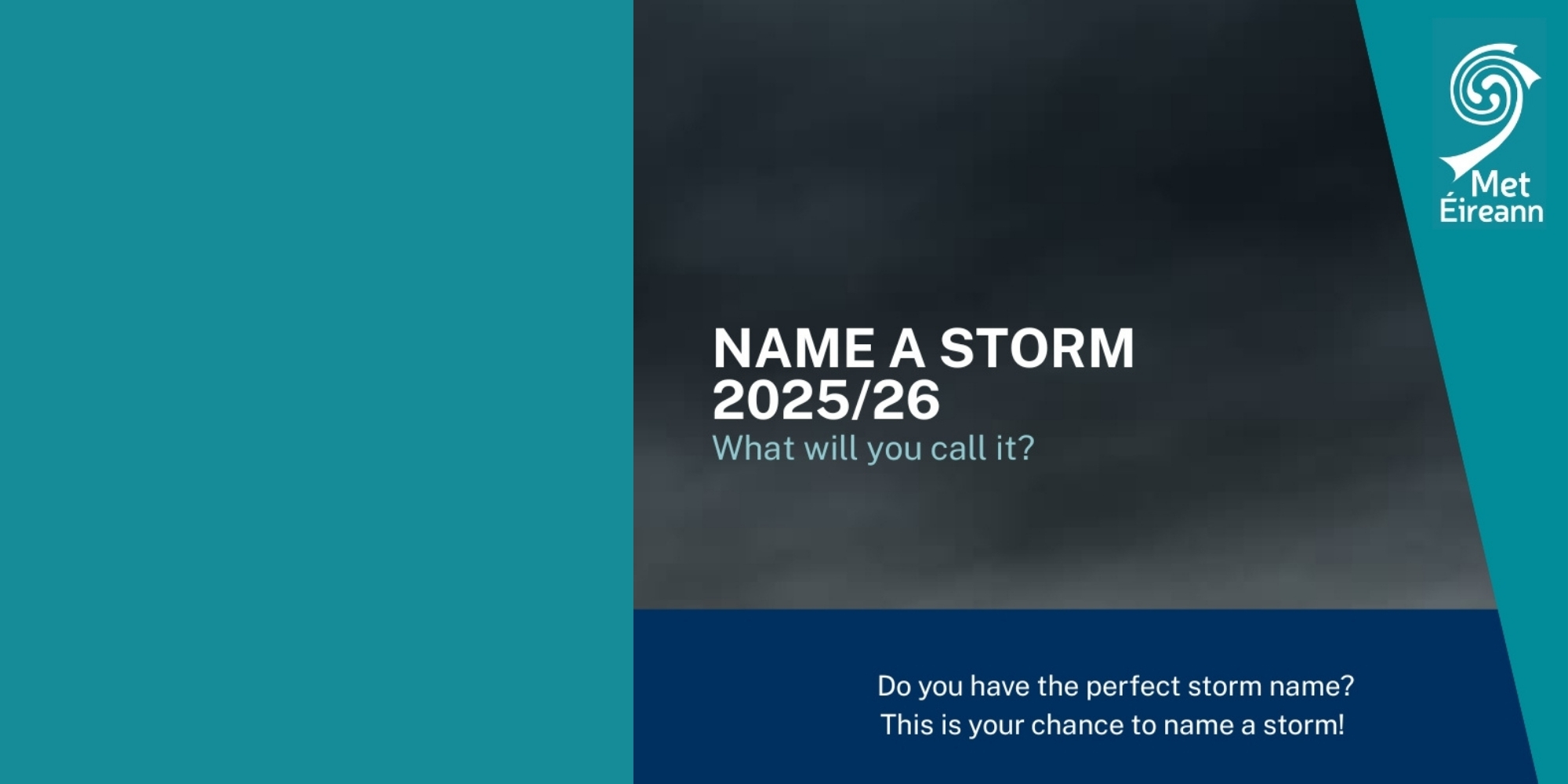Massive Data Leak Exposes 16 Billion Login Credentials: Public Urged to Update Passwords
Massive credential leak affects billions worldwide. Public urged to update passwords and enable two-factor authentication immediately.

Cybersecurity researchers have uncovered one of the largest credential leaks in history, with 16 billion login records exposed across 30 separate datasets, potentially affecting millions of Irish internet users.
The massive leak, discovered by researchers at cybersecurity publication Cybernews, contains login credentials for major platforms including Google, Facebook and Apple. However, experts stress this was not the result of a single centralised breach at these companies, but rather data harvested by malicious software known as "infostealers" over an extended period.
Bob Diachenko, the Ukrainian cybersecurity specialist who led the research, explained the scale of the discovery:
"This is not just a leak: it's a blueprint for mass exploitation. With over 16 billion login records exposed, cybercriminals now have unprecedented access to personal credentials that can be used for account takeover, identity theft, and highly targeted phishing."
The datasets were found temporarily exposed on poorly secured remote servers before being removed again. Diachenko confirmed he was able to download the files and plans to contact affected individuals and companies, though he acknowledged: "It will take some time of course because it is an enormous amount of data."
Since 16 billion records represent roughly double the global population, researchers believe many entries are duplicates, making it impossible to determine the exact number of people affected. The data appears to be approximately 85% from infostealer malware and 15% from historical data breaches, including previous incidents at LinkedIn.
Peter Mackenzie, director of incident response at cybersecurity firm Sophos, emphasised the ongoing threat:
"While you'd be right to be startled at the huge volume of data exposed in this leak, it's important to note that there is no new threat here: this data will have already likely been in circulation."
A Google spokesperson confirmed the data did not stem from a Google breach and recommended users employ the company's password manager for account protection.
The leaked information follows a clear structure of URL, login details and password, typical of modern infostealer malware that scrapes data from browser cookies and metadata.
Alan Woodward, professor of cybersecurity at Surrey University, described the discovery as a reminder to carry out "password spring cleaning", adding:
"The fact that everything seems to be breached eventually is why there is such a big push for zero trust security measures."
Cork residents concerned about their data can check if their email addresses have been compromised by visiting haveibeenpwned.com. Security experts strongly recommend updating passwords regularly, using unique credentials for each account, and enabling multi-factor authentication wherever possible.
Toby Lewis, global head of threat analysis at Darktrace, offered reassurance for those following good security practices:
"If you're following good practice of using password managers, turning on two-factor authentication and checking suspicious logins, this isn't something you should be greatly worried about."
The research team noted that whilst the datasets were exposed only briefly, the discovery highlights the vast scale of information available to cybercriminals and underscores the critical importance of robust digital security practices.



